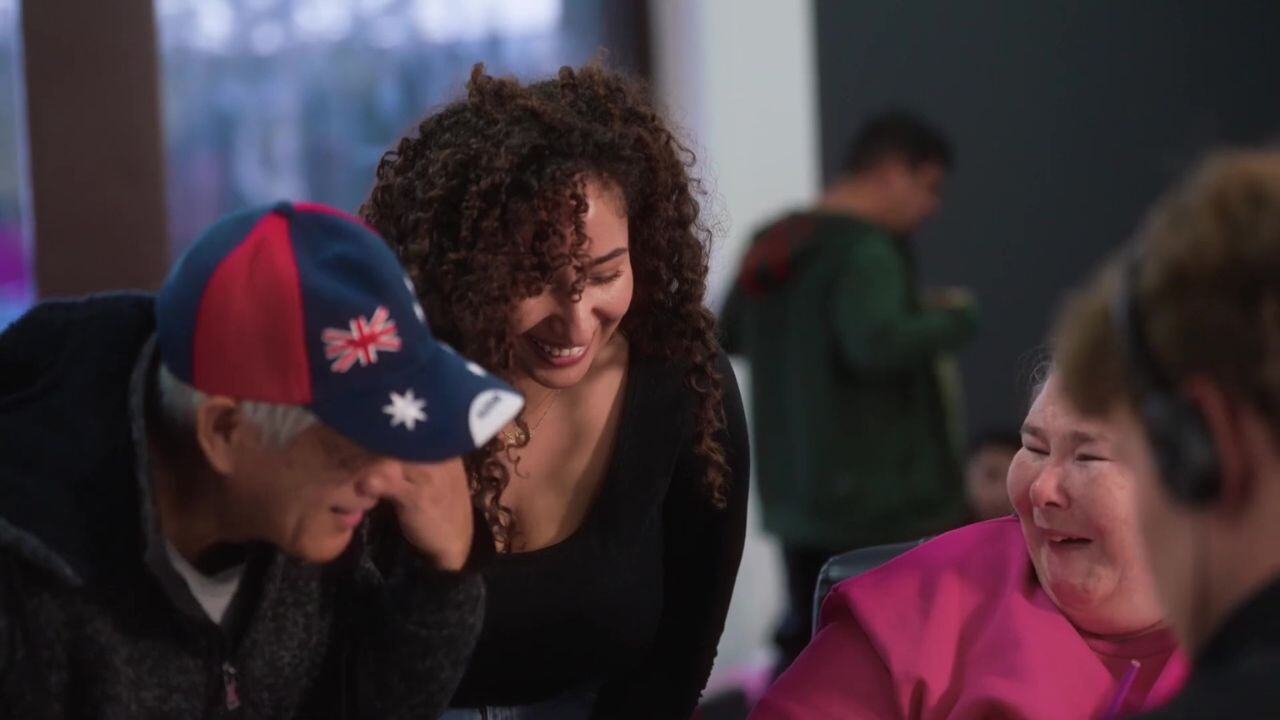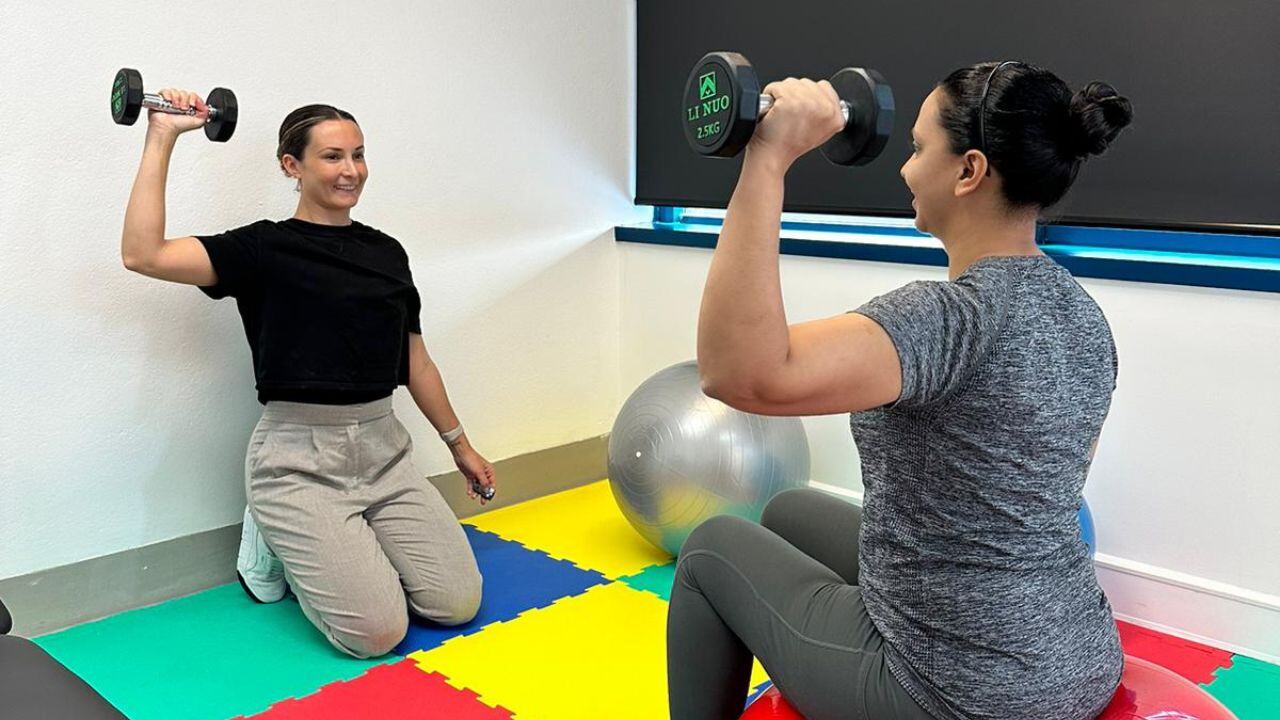
Spending quality time outdoors is more than just a leisure activity; it’s a powerful way to forge meaningful connections between parents and children. For fathers and children with disabilities, the great outdoors offers a realm of possibilities for bonding, exploration, and shared adventures.
In this article, we’ll delve into the world of adaptive outdoor activities — tailored experiences that fathers and children with disabilities can enjoy together, fostering not only bonding but also a sense of achievement and togetherness.
The Power of Outdoor Bonding
There’s something inherently magical about the outdoors that makes it an ideal backdrop for creating lasting memories. Whether it’s the feeling of the sun’s warmth on your skin, the rustling of leaves in the wind, or the shared laughter during a picnic, these moments weave a tapestry of connection.
For fathers and their children, these moments hold immeasurable significance. Outdoor activities provide a canvas where conversations flow more freely, where barriers dissipate, and where the bonds between fathers and children strengthen.
Considerations for Adaptive Outdoor Activities
While the idea of outdoor bonding is captivating, it’s essential to tailor activities to the unique needs and abilities of fathers and children with disabilities. Accessibility and safety become paramount considerations. Adaptive outdoor activities are those that can be enjoyed by individuals with diverse abilities, ensuring that everyone feels comfortable and engaged.
When selecting activities, it’s vital to take into account personal interests and preferences. For instance, if a child has a fascination with nature, choosing a nature walk might be ideal. If a father has a green thumb, gardening could provide a therapeutic and enjoyable experience. The goal is to create a space where both fathers and children can be active participants, sharing in the joy of exploration.
Adaptive Outdoor Activity Ideas
We’ll explore a variety of adaptive outdoor activities that fathers and children with disabilities can enjoy together. From peaceful nature walks to exciting games, these ideas are designed to promote bonding and create lasting memories in the great outdoors.
- Nature Walks and Scenic Strolls: There’s a unique serenity in a leisurely walk through natural surroundings. Fathers and children can share stories, observe the beauty of their environment, and simply enjoy each other’s company. When selecting trails, opt for those that are wheelchair accessible or have smooth paths suitable for various mobility aids.
- Picnics and Outdoor Dining: Breaking bread in the open air adds a touch of novelty to mealtime. Fathers can prepare a picnic feast and choose locations with accessible seating areas. Sharing food outdoors is a sensory experience that engages taste, smell, and touch, making it a delightful choice for bonding.
- Gardening and Planting: Gardening offers a myriad of benefits—physical activity, connection to nature, and the joy of nurturing life. Fathers and children can plant flowers, herbs, or even vegetables. For those with mobility challenges, raised garden beds or container gardening can provide an accessible way to engage in horticultural activities.
- Accessible Sports and Games: Physical activity is an excellent way to bond, and adaptive sports make it possible for fathers and children of all abilities to participate. Seated sports like wheelchair basketball or seated volleyball offer a chance to be competitive, work as a team, and enjoy the thrill of movement.

Personalising the Experience
The heart of adaptive outdoor activities lies in personalisation. Each father and child duo is unique, and the activities should reflect their interests and preferences. When planning, engage in conversations to understand what resonates with them. Whether it’s a mutual love for wildlife, a shared curiosity about history, or a passion for art, integrating these elements into the outdoor experience makes it deeply meaningful.
Planning and Preparation
The success of adaptive outdoor activities hinges on careful planning and preparation. Here are some practical considerations to keep in mind:
- Choosing the Right Location: Seek out venues that offer accessible paths, rest areas, and facilities. Local parks, botanical gardens, or nature reserves often have features that cater to diverse needs.
- Equipment and Gear: Many adaptive equipment options are available to enhance the experience. Wheelchair attachments for off-road terrain, all-terrain strollers, or personalised seating can contribute to a smoother outing.
- Weather and Safety: Check the weather forecast to ensure a comfortable experience. Adequate sun protection, hydration, and adhering to safety guidelines are essential for an enjoyable and safe outing.
Capturing Memories and Reflections
Adaptive outdoor activities are not only about the present moment; they create memories that can be cherished for a lifetime. Encourage fathers and children to capture these moments through photographs, journals, or artwork. Reflecting on these experiences together can spark conversations, laughter, and a shared sense of accomplishment.
Inclusivity and Empathy
Participating in adaptive outdoor activities extends beyond the father-child bond. It promotes inclusivity and empathy within the broader community. When fathers and children engage in activities that transcend physical abilities, they become advocates for greater understanding and acceptance of diversity.
Building Lasting Connections
Adaptive outdoor activities for father-child bonding are a testament to the power of love, shared experiences, and the beauty of nature. Through careful planning, personalisation, and a spirit of adventure, fathers and children with disabilities can embark on journeys of exploration, growth, and joy. The memories created in the midst of nature’s embrace become a legacy of love, resilience, and the unbreakable bond between fathers and their children.








